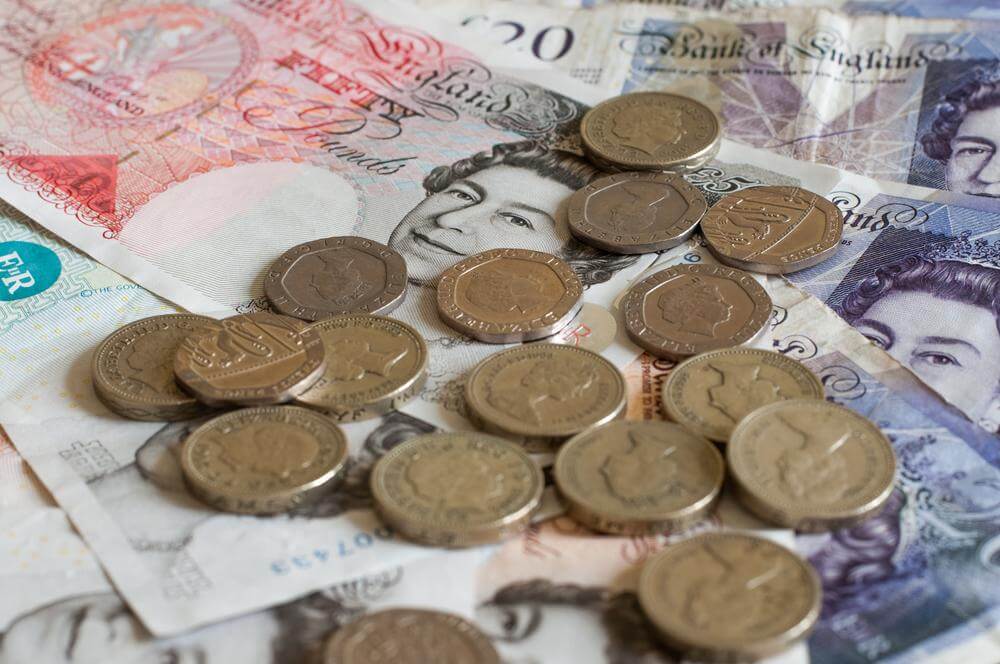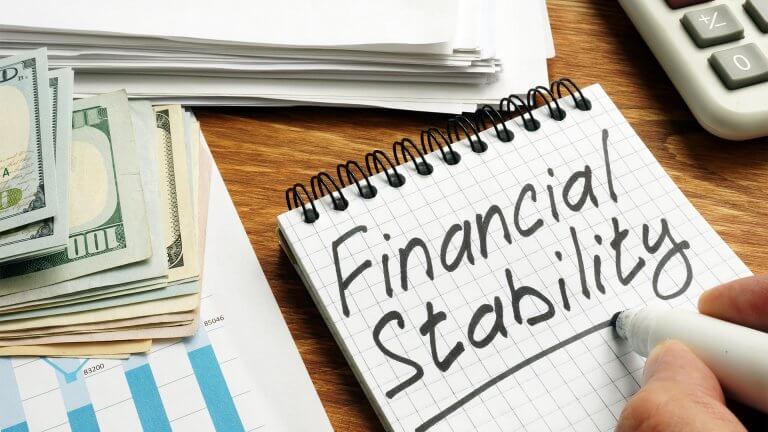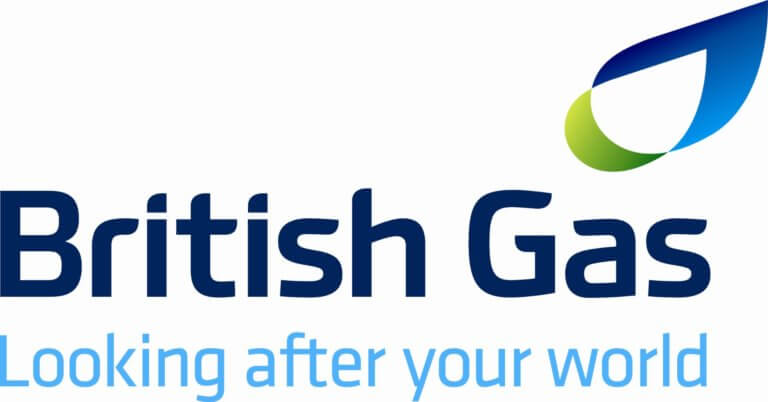Courtesy of Shutterstock
Jumping to 78.12 pence against the euro, its highest point for two years, 1.6525 against the US dollar, a two-week high and a six-year high against the yen of 180.16 yen, analysts expect the FTSE to follow suit and open high.
It is a return to confidence in the pound after the last few weeks has seen it sliding on the world’s markets. Fears that Scotland would break away from the union were heightened after influential polls revealed the referendum vote would be far closer than many had anticipated.
Those polls, one a YouGov poll for The Times newspaper and the other an ICM survey for the Guardian newspaper, put the unionist vote at 52% and 51% respectively.
The last pulse reading before the voting booths were opened showed this had increased back in favour of the unionists. That poll, also by YouGov, showed that Scottish unionists were likely to win by 54% to 46%.
The final result, confirmed just after 6am BST (GMT +1) after voting results were declared in the Fife area of Scotland, showed a winning margin of 10%. With a record turnout for an election in Scotland, and the highest in any democracy in the world for a significant time, unionists won out 55% to 45%.
The performance of the pound was an affirmation of the generally accepted opinion of market analysts.
As the votes were being counted, the head of G10 forex strategy for Deutsche Bank, Alan Ruskin, said that a vote against Scotland forming a new country:
“would remove uncertainty over some very big issues”
An economist at World First backed up this view as early results showed a trend for a No vote, with Jeremy Cook saying :
“The obvious risk to the currency markets was a yes and that would have caused a big sell off. Now the markets will go back to concentrating on the fundamentals of the UK economy.”
With the UK economy showing a steady recovery and indications from early trading today, suggestions are that the decisive win could see a continued spike to sterling for an extended period of time.
Md
























